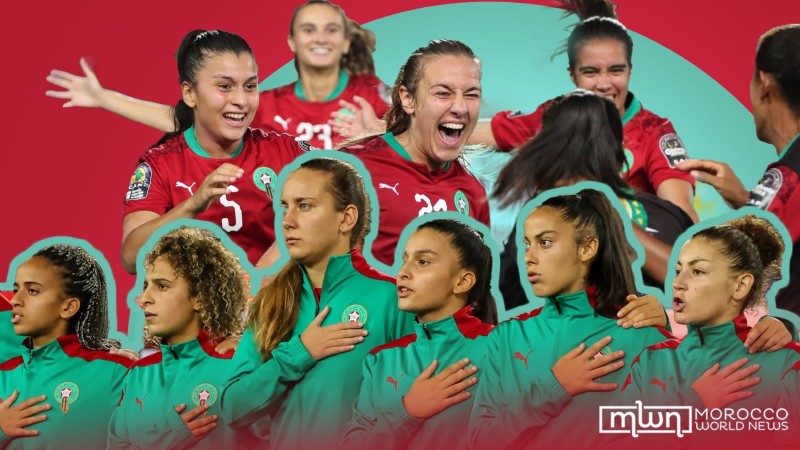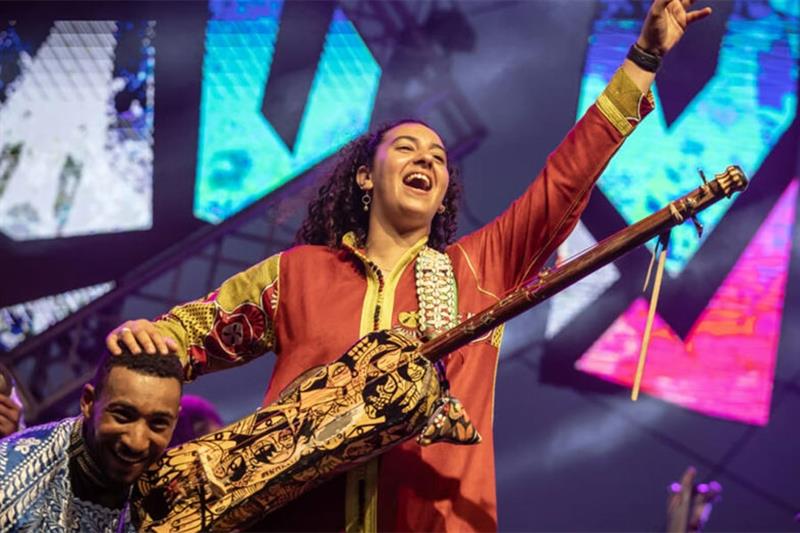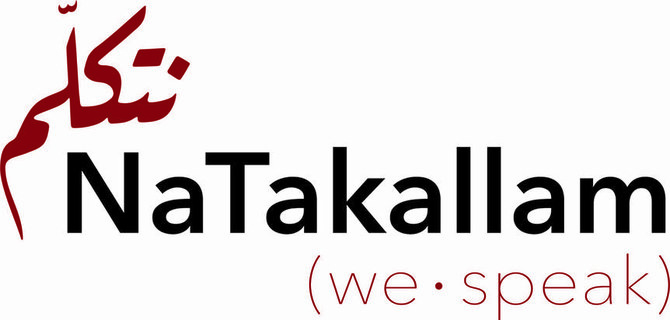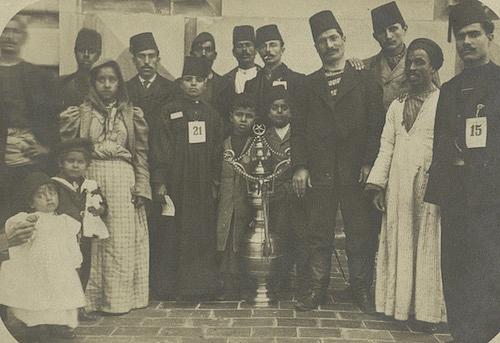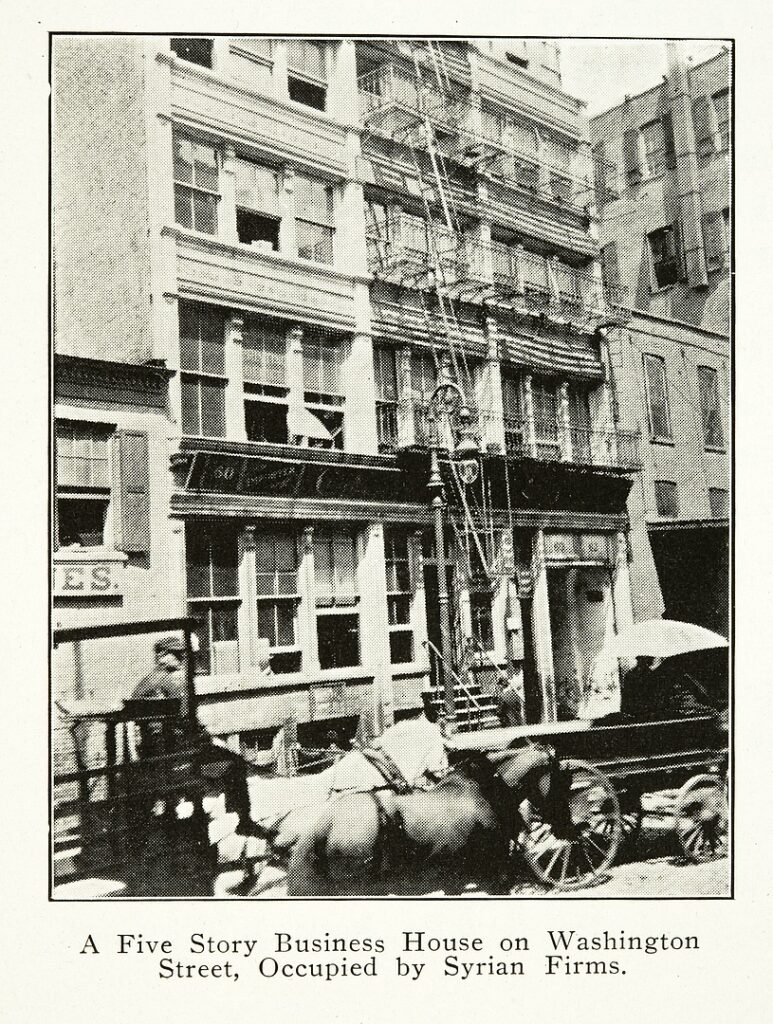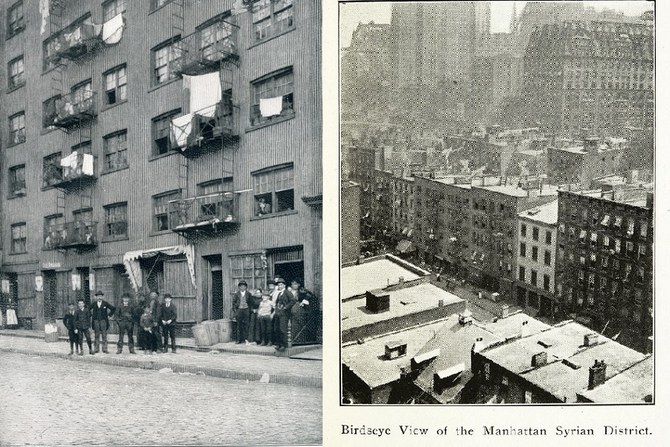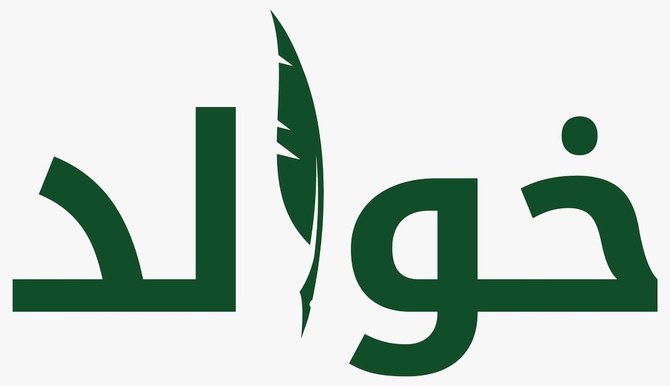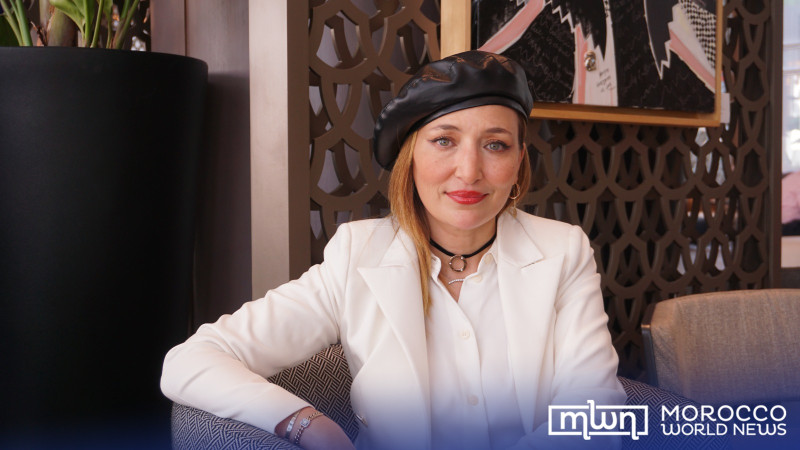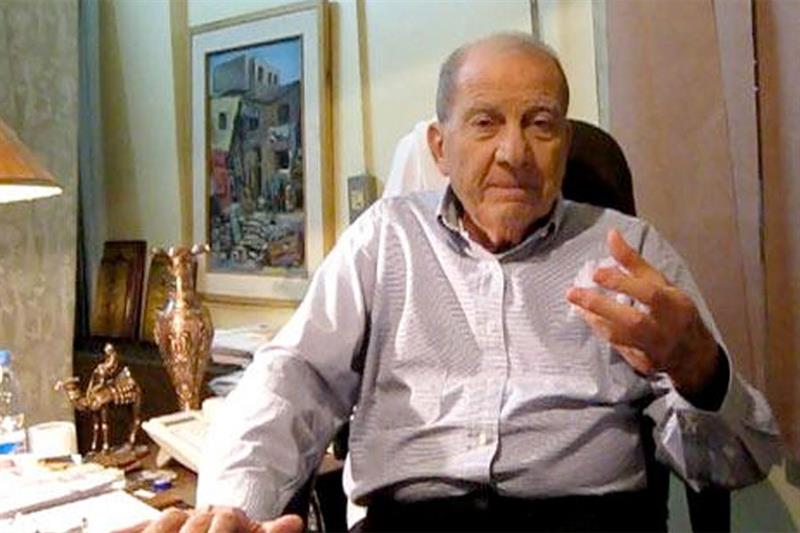Hard truths beneath the exuberant arrangements of the Somalian-British singer-songwriter and activist strike a chord for others uprooted from their homeland.
The small stage at the Liverpool Philharmonic Music Room is bathed in lilac light as an acoustic drummer, a conga percussionist, two guitarists and then a saxophonist and keyboard player take their places.
For a few minutes, a laid-back jam session ensues until the lead singer weaves his way towards the microphone, expertly adjusts the stand and, without preamble, begins the set.
It is opening night of the city’s annual Arab arts festival, and the intimate audience, though it’s a decade since Aar Maanta and the Urban Nomads’ debut UK tour, is in for a rare treat: live Somali music played with instrumental accompaniment.
“Always with a band,” Maanta confirms to The National, “because there has been a cultural tendency to sing with playback music. I wanted something a little more genuine. I just thought: ‘I’ll be strict and do live shows.’
“I did playback one time when I was in my home town in Jijiga and I felt like I was cheating people, you know?” he adds, laughing.
Those gathered are making the most of the opportunity, clapping, bobbing their heads, dancing and singing along with Maanta’s soulful voice, the smooth tones of which a reviewer once aptly described as coloured by “the dusty echo of the desert”.
Midway through the live performance, he introduces a song called Uur Hooyo (Mother’s Womb) written by the oud virtuoso and renowned composer Ahmed “Hudeidi” Ismail Hussein.
“Unfortunately, he passed away in 2020 due to Covid in London,” Maanta tells the audience. “He was my teacher and taught me about music and generally about history, the connections between the Horn of Africa, Yemen and this area. There are so many connections here.”
As Maanta tells me, the gig is packed with significance as the port city welcomed the earliest members of the UK’s now 100,000-strong Somali community in the late 19th century.
Some of those mostly seamen and traders arriving by ship from the former British colony of Aden brought ouds – the short-necked, stringed instrument whose earthy notes are the signature of Somali folk music.
Maanta’s body of work across two albums and an EP is a poetic and, at times, urgent soundtrack of that migrant experience.
Finding his voice
Born Hassan-Nour Sayid in the capital of the Somali Regional State in Eastern Ethiopia, his creative journey began in the home of his auntie in Hargeisa, where he and his two siblings were raised.
“It was a good house,” he says. “Altogether, there were 10 children inside and it was fun. I was well cared for and, because there were so many of us there, I felt like I had many older sisters.”
Though his great-grandfather was Mohammed Abdullah Hassan, the Somali nationalist revered as a skilful oral poet, his maternal aunt was the one responsible for encouraging an early love of the arts.
Looking back, Maanta recalls the rhythms and melodies of the Iftin Band and those of Hudeidi himself emanating from an old transistor in the kitchen to intermingle with the aromas of Mandi, the traditional Yemeni dish of meat and richly spiced rice.
“My auntie used to sing these old Somali songs on the radio, and I would always listen and sing along because I loved the music,” he says.
“Now, this was the Eighties, so radio was very limited. Whenever the radio goes off, she would basically ask me to sing some of her favourite songs again and I would. It was beautiful.”
Though Maanta doesn’t much like talking about it now – “It’s a pretty common story and not a good one,” he has said – he was separated from his brother and sister when taken by an uncle to relocate to London in the late 1980s, on the cusp of the civil war.
“When I first arrived in the UK, I remember how strange it all was. We moved from a big house to a small apartment and the corridors were so tiny.”
Those tighter living conditions, however, were offset by the expansive music options afforded by the multicultural society of his adopted home where the rustic tracks favoured by Maanta’s auntie soon made way for hip-hop and R’n’B.
“I lived in Brixton and when you are younger you don’t realise it was the hood in those days. I remember it was a rough area, but I made plenty of Pakistani and West Indian friends,” he says.
“Then, of course, there was the Brixton Academy, a famous music venue. As a child, I wasn’t allowed to go in but I remember the posters outside of some of my favourite groups like Jodeci and Guy.”
For somewhat different reasons, a famous band from Liverpool featured at that time, too. As a newly arrived pupil in an inner-city primary school, the young Hassan could often be found scribbling words such as: “You think you’ve lost your love, well, I saw her yesterday,” into an exercise book.
“I had a teacher for English support who was amazing. He would say: ‘Right, if you like music then listen to these and write them down.’ He was into The Beatles. There was one song in particular: She Loves You.
“Yeah, yeah, yeah,’’ Maanta says with enthusiasm, unconsciously repeating the refrain that took the world by storm in the mid 1960s. “They’re effective. The lyrics show the economy of language and how to structure as well. It’s better, I think, than studying Shakespeare because you learn that sometimes five words are more important than 10 if you know how to use them.
“Literally, music was a weird and easy way of learning.”
Maanta was shy and introverted growing up, which meant a lot of alone time that he used to teach himself the oud and piano in his late teens and early twenties.
His family were disapproving of music as a career so he embarked on a science degree at Sheffield University, but resistance was useless: “If it’s your dream,” he says, “it’s what keeps you alive.”
Averse to the idea of becoming a solo singer, he decided to work with other UK-based Somali artists as a producer and arranger.
But after one artist refused to take part in a function in London in 2001 due to a last-minute financial dispute, Maanta stepped in to perform the planned classic Somali hits.
“I remember how nice it felt to be able to convey a message to an audience from the stage. It gave me the encouragement that I can do this.”
But Maanta, whose professional name combines his nickname (Aar, meaning Lion) and the title of one of his most popular songs (Maanta, or Today), wasn’t planning on being just another vocalist for hire.
Seeking a distinct sound, he composed his own songs for a new generation of Somalis who, seeing live bands from other countries, yearned for the same form of entertainment from their own homeland.
“It’s mostly the same band line-up but, if people are not available, because of logistics and all that, then I go with whatever I can find.
“I just genuinely feel like if you’re gonna perform, you’re gonna perform. If you don’t wanna perform, and you wanna do playback, it’s fine. But live music is meant to be with live instruments.”
Part of the appeal is that expatriates hear their own experiences reflected in the mix. Hiddo & Dahqan, the debut album released under his label Maanta Music, is a revelation for its fluid blend of percolating Somali pop with oud-centred love songs – a genre called Qarami – and the bobbing bass lines of Afro-pop.
Dig beneath the exuberant arrangements, however, and there are some hard truths to be heard. By the time the album came out in 2008, Maanta had been touring regularly across Europe and the US but visa delays and long vetting by immigration officials were making a gruelling schedule more intolerable.
The frustration of being constantly under suspicion is encapsulated brilliantly in the song Deeqa, a popular girls’ name that Maanta translates as “Suffice” but points out that it was also how Somali Airlines, which ceased operating in 1991, became known.
For the music video, a recreation of an interrogation at Heathrow Airport, a tired Maanta is quizzed by officials about his travel plans in scenes that struck a deep chord within and beyond the Somali diaspora.
“I still keep getting messages to this day from all over about how people relate to this song, and it makes me feel so proud of it.
“There was even a barrister in the UK who tweeted how he used that song to train immigration officials on how to not deal with people in this kind of situation,” he says.
Music with purpose
Deeqa proved a turning point for Maanta in harnessing the power of the protest song. He began to infuse more sociopolitical subjects into his lyrics while leveraging his burgeoning profile to raise awareness of issues such as the refugee crisis.
Some of his frustration was particularly channelled into 2016’s Tahriib, or “Dangerous Crossings”, an a cappella piece written after a family member fell victim to human trafficking.
The United Nations High Commissioner for Refugees subsequently reached out to ask him to re-record the song with collaborators including the Somali singer and former refugee Maryam Mursal, the Egyptian musician Hany Adel, and the Ethiopian singer Yeshi Demelash, in a multilingual campaign highlighting the perils of fleeing across the Gulf of Aden and Red Sea from Africa.
Maanta returned to Jijiga in 2015 as a United Nations Goodwill Ambassador and visited two refugee camps. “The environment was not really new to me. Even for some of us Somalis who didn’t go through this, we know our family experienced those situations,” he says.
“But it was tough to see the young people there. Yes, while they have some facilities like schools and food, they need more than that. They have dreams, they want to go out and achieve things, but they are not able to leave those places.”
Three years later, Maanta took his insights right to the top at a meeting with the then Somali president Mohamed Abdullahi Mohamed.
“We spoke about how there are a lot of Somali youths in difficult situations, such as camps in Libya or even forced into slavery,” he recalls.
“I just told him: ‘You guys need to do your job more and help those people.’ ”
No surprises, though, to hear that Maanta’s potent advocacy is not part of a plan to pave a way into the febrile world of Somali political life.
“Absolutely not,” he says. “Politics is generally very toxic and I do feel that African political leaders really don’t have much influence to change things at the moment.”
For the children
It was in Minneapolis rather than Mogadishu where he found an example of inspired leadership. Arriving in the US state of Minnesota in 2021, home to the country’s largest Somali population, Maanta was an artist in residence at The Cedar Cultural Centre for two years.
In a project funded by The Joyce Foundation, the Chicago-based philanthropy organisation, he teamed up with the esteemed poet, playwright and custodian of the Somali language Said Salah to compose and record songs that would become Ubadkaa Mudnaanta Leh (Children Have Priority).
“Myself and Professor Said Saleh didn’t decide to sit there and write the songs – we wanted the kids to share their experiences,” he says of promoting Somali heritage by seeking the lyrics and vocals of children aged five to 15.
“They were so enthusiastic about the whole process mainly because of the Somali language itself. They were curious and excited and that really influenced the way we created the songs.”
Form of creative therapy
The resulting EP is a stirring collection of bilingual offerings from a proud yet sometimes misunderstood community, the centrepiece of which is I Am Part 1 & Welcome to Cedar Riverside, a two-song suite in English that sheds light on the lives of those who live in “Little Mogadishu on the Mississippi”.
Through the album’s recording process, Maanta realised he was providing a form of creative therapy for Somali youth by giving them a platform to voice what they were facing in the West such as being in a minority with a different faith; struggles with their mother tongue; and the politics of the then-President Donald Trump.
“I also met a few kids who were autistic, and I realised how important an issue it was within the Somali community, particularly in the diaspora. One of the songs in the album is sung entirely by an autistic child.”
Some of these compositions were heard live for the first time in The Music Room on Friday, where the 25-degree heat prompted Maanta to half-lament that it’s always “the hottest day” whenever he goes to Liverpool.
After more than three decades in the UK, he has come to prefer the cooler months of autumn to those of summer not least because of their unpredictability.
“It seems like you don’t know what’s to come. Everything’s kind of changing,” he explains.
Maanta seems as mutable as his favourite season, telling The National that he now wants to make working with youth the focus of his future efforts.
“Any artist can make songs with the aim of becoming popular but when you cater for children it leaves a lasting impression, especially when there is a need.
“And when it comes to Somali children, the need is the greatest now because there is nothing really out there to cater for them musically. If your country is struggling, obviously making music for children is not going to be a priority.
“I want to make that change,” he says with a passion that echoes some of the poetry for which Somalia is famed.
As a musician he is already widely regarded as the bridge between the old generation and new, but he just may be about to perform his greatest gig of all.
The Liverpool Arab Arts Festival 2023 continues until July 16. For more information, go to: www.arabartsfestival.com/
source/content: thenationalnews.com (headline edited)
_______________

Aar Maanta with his teacher, the oud virtuoso and renowned composer Ahmed “Hudeidi” Ismail Hussein. Photo: Aar Maanta
_____________________
BRITISH / SOMALI
